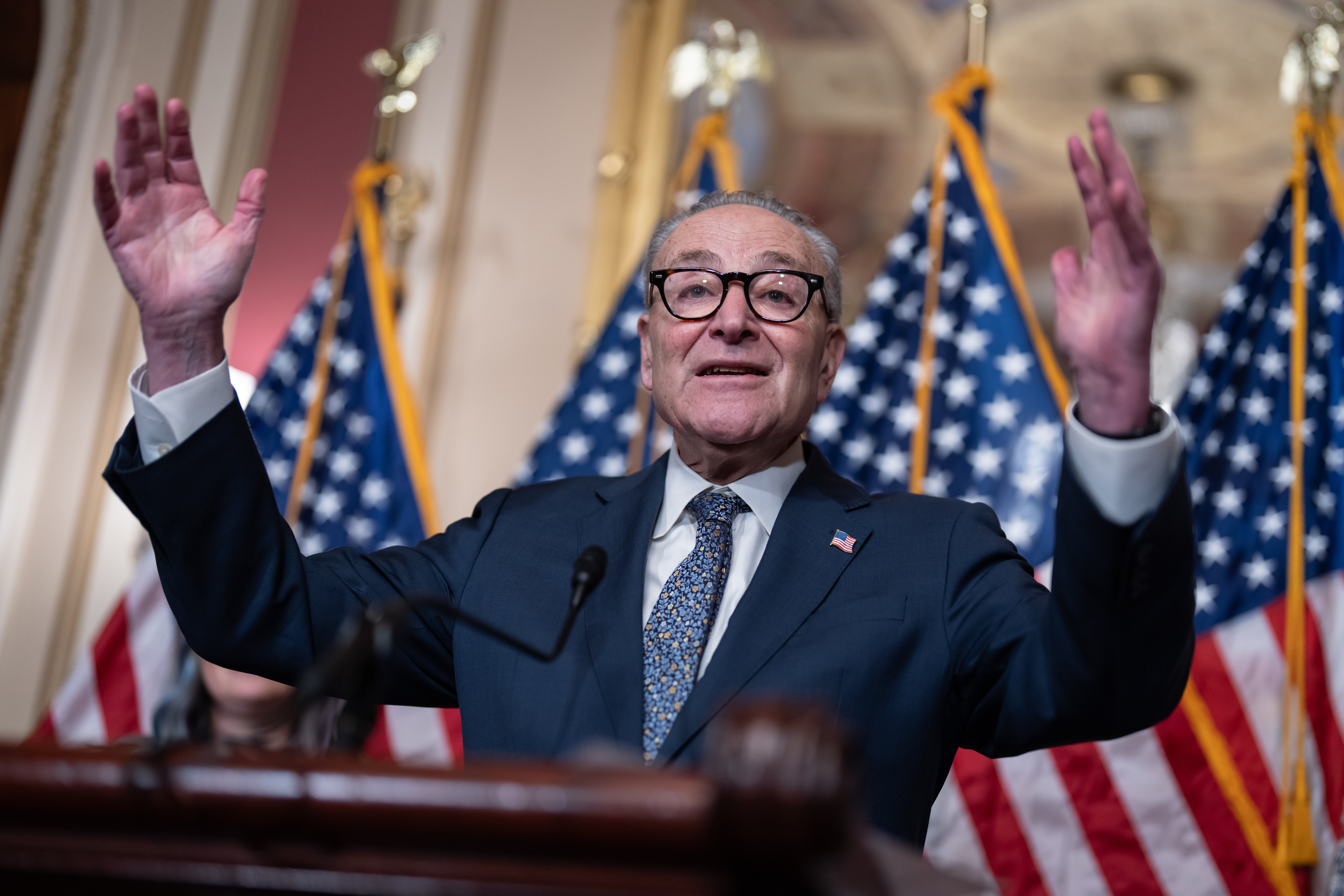Copyright scmp

Democrats in the US House of Representatives and Senate are urging President Donald Trump not to ease national security restrictions on China for a trade deal, hours ahead of his expected meeting with Chinese President Xi Jinping. “America’s export controls, investment safeguards, and our long-standing security partnerships must not be on the negotiating table,” a group of 12 senators led by Chuck Schumer, the chamber’s top Democrat, wrote in a letter to the Republican president on Wednesday. Among their demands, the Democrats called on Trump to reject Beijing’s efforts to relax security curbs on their investments in the US. They also called on the president not to restrict efforts by the Treasury Department’s Outbound Investment Security Programme, which seeks to ensure American firms do not contribute to the development of sensitive technologies in countries like China. In addition, they stressed that he should deny any attempt by Xi to secure a formal statement that the US “opposes Taiwanese independence”. Trump is expected to meet Xi on the sidelines of the Asia-Pacific Economic Cooperation (Apec) summit in South Korea on Thursday morning local time, to try and stabalise the recent escalation in tensions. Such a summit would be the first in-person encounter between the two since Trump returned to office in January, and it will build on trade talks in Kuala Lumpur last week, where both sides reached a preliminary framework agreement. In recent weeks, the US president has unnerved many in Washington by suggesting that everything was on the table to secure concessions from Beijing. House Democrats pushed similar messaging as their Senate counterparts on Wednesday. In a press release, several Democratic members of the House Select Committee on the Chinese Communist Party, including ranking member Raja Krishnamoorthi, said that Trump should not “trade away” national security tools like export controls on advanced technologies. Addressing reports that Beijing could offer a large investment pledge in exchange for looser security restrictions, Krishnamoorthi stressed the need to protect national security by strengthening the Committee on Foreign Investment in the United States (CFIUS), an inter-agency panel that screens inbound investment. CFIUS “doesn’t work as well as it should right now”, he said at the Atlantic Council on Wednesday, adding that there could be legislation to “beef” it up and make it more “efficient and effective”. The topic of Taiwan, he continued, should be “off the table” in Trump’s discussions with Xi. Beijing sees Taiwan as part of China to be reunited by force if necessary. Most countries, including the US, do not recognise Taiwan as an independent state, but Washington is opposed to any attempt to take the self-governed island by force and is committed to supplying it with weapons. Relations between the US and China hit new lows in recent weeks, after Beijing announced on October 9 that it would roll out further export restrictions on rare earth elements, key raw materials used in hi-tech manufacturing, in what many saw as a response to the expansion of a US trade blacklist. Trump responded to Beijing’s announcement by threatening to impose an additional 100 per cent tariffs on Chinese goods – which he later conceded was “not sustainable” – and introduce export controls on all “critical software”. More complications arose when two countries began implementing new port fee structures on each other’s ships, and Trump warned he was considering a halt to purchases of Chinese cooking oil. However, analysts have cautioned against expecting a breakthrough at the summit. “Whereas the US is eager to reach any trade deal that Trump could declare as a victory, China is focusing on building more mutual trust, managing longstanding differences, and steadying the bilateral trade relationship,” said William Yang, a senior Northeast Asia analyst at the International Crisis Group. “Such a gap would limit the prospect of both sides reaching a definite trade deal.”



